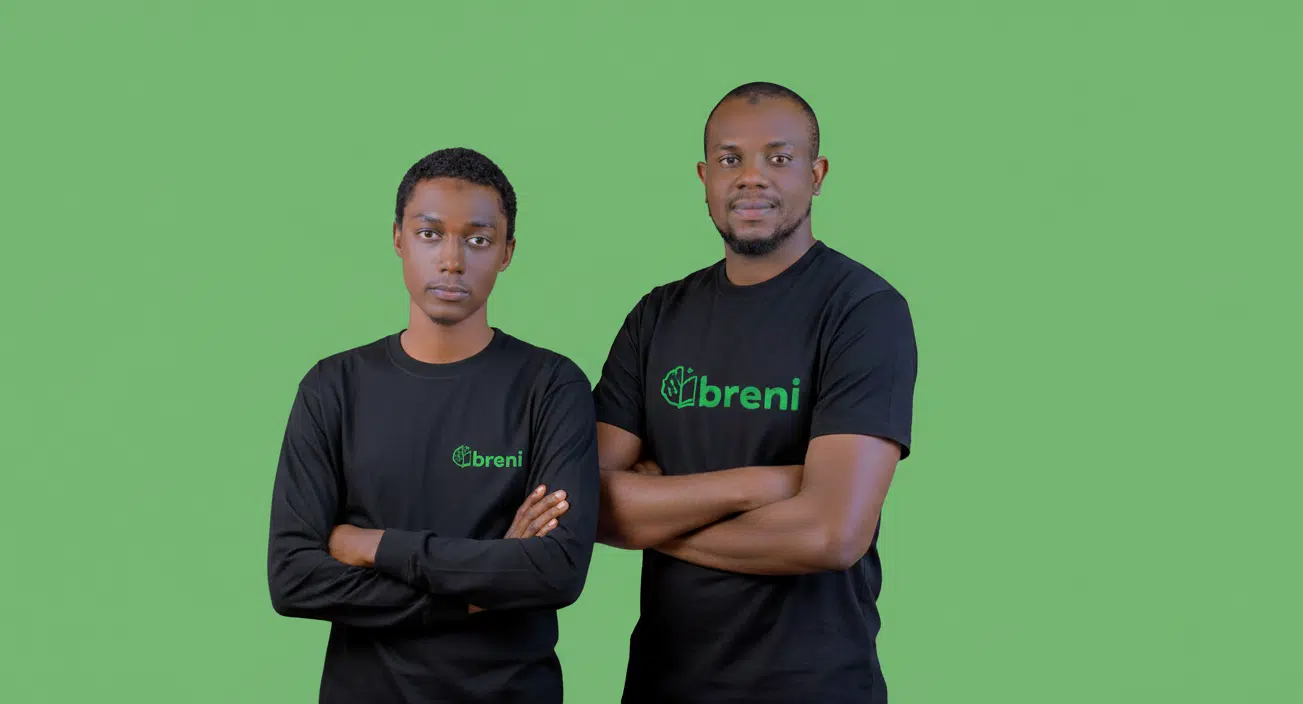Breni, a Nigerian edtech startup launched on August 24, 2025, is seeking investor commitments for its pre-seed round as the company aims to become “Duolingo for everything.” The startup claims to have recorded rapid growth in just three months, expanding its user base across multiple continents without spending on marketing.
Founded by Abubakar Sadiq Umar and Bilal Abdullahi, Breni is an AI-powered learning app designed around the science of how the brain learns best. The platform makes learning fun, engaging, and accessible for a new generation of learners worldwide.
Since its launch, Breni has attracted more than 3,000 users from over 20 countries, with nearly 90% of them outside Nigeria. Interestingly, Nepal leads the user chart, contributing over 40% of total users, followed by Russia and Nigeria. Other active countries include Uzbekistan, Azerbaijan, the UAE, South Africa, Canada, the US, and the UK. Much of Breni’s traction in Asia came from organic referrals between users, while the founders leveraged international networks to reach new audiences.
Breni’s goal is to make learning simple and personalised. Its AI-integrated tools break lessons into short, bite-sized modules that help users retain information better. The platform operates a freemium model, offering a free version supported by ads and a premium subscription with access to unlimited lessons. Subscription prices vary by region, from country to country. In Nigeria, the fee is $1, and in some other global regions, $5 to reflect different purchasing power. In its first 37 days, Breni claims to have generated ₦200,000 ($137) in revenue.
Globally, the edtech sector has faced highs and lows. The Nigerian edtech market is valued at $400 million, a 48% jump from 2024. Yet, while major platforms like Coursera and Duolingo dominate globally, African startups have had their own fair share of challenges.
Edukoya, which once raised $3.5 million—Africa’s largest edtech pre-seed at the time—shut down in February 2025. Similarly, uLesson was forced to cut its subscription fees by half in 2024 to retain users. Despite the turbulence, newer startups like Lingawa have found success by pivoting to niche markets, such as teaching African languages to the diaspora.
The broader online learning market in Africa continues to show promise. According to The African Exponent, the sector was valued at $3.4 billion in 2024 and is projected to reach $19.7 billion by 2034. Nigeria already holds the continent’s largest share, bolstered by the rise of innovative edtech startups. The 2024 Africa EdTech 50 Report by HolonIQ ranked Nigerian startups as the most active, accounting for 34% of the top 50 edtech companies in Africa.
Get passive updates on African tech & startups
View and choose the stories to interact with on our WhatsApp Channel
Explore




